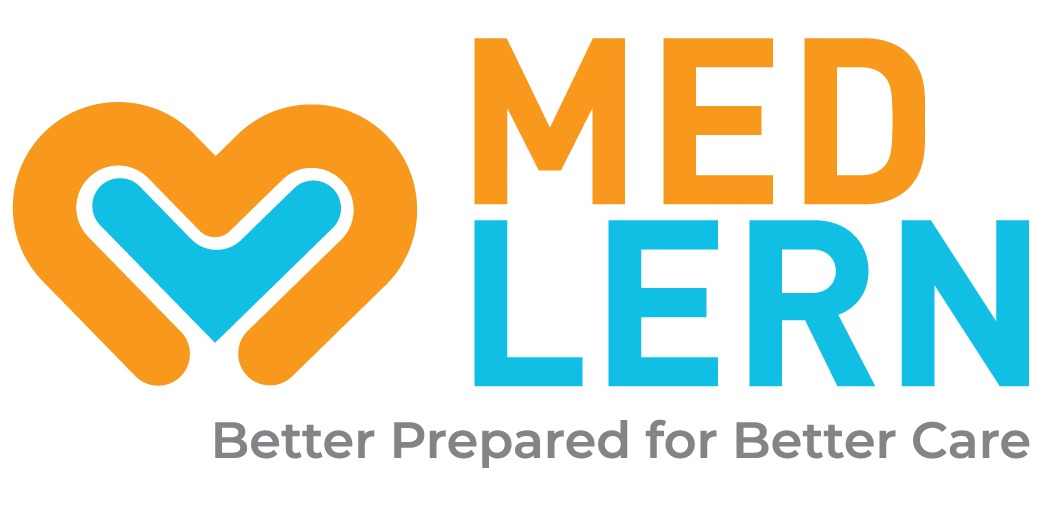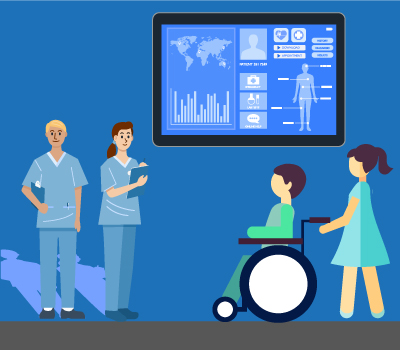
Introduction
It’s not easy to deal with patients suffering from any impairment which restricts their ability to carry out certain activities or interact with the world around them. The umbrella term used for such a health condition is known as – disability. As per the Indian Census of the year 2011, 2.21% of the population which is around 2.68 crores of people are disabled.
Therefore, there should be a strong emphasis on disability care to facilitate them to live independently & with dignity. Any kind of practical help, be it everyday tasks or complex needs, specially trained caregivers can lend a hand to target their welfare. Every disabled person has different kinds of challenges, so ‘one size fits all’ solution won’t come in handy. To figure out what support is needed and also identify the right person to offer that care, attentive evaluations should be carried out.
Disability care is a complex task
In many cases, giving self-determination & breaking down the barriers to societal participation isn’t enough for people suffering from severe disabilities. They need special care from professional & voluntary caregivers.
In many cases, giving self-determination & breaking down the barriers to societal participation isn’t enough for people suffering from severe disabilities. They need special care from professional & voluntary caregivers.
- Disabled patients often suffer from different medical problems. This brings in the inclusion of nursing care & non-medical therapies along with the constant special care described above. There should be coordination among the nurses, physicians, caregivers, and therapists to treat such patients.
- For patients who suffer from cognitive & mental impairments, contacts with different physicians might be confusing which can result in worsening their disabilities. That’s why a trusted caregiver, who is well-versed with the patient’s case history, should accompany him/her on all the doctor appointments.
- Even a considerable amount of focus should be laid on communication with disabled patients. There should be an appropriate, open, & sympathetic way that can be adapted based on the patient’s needs. The caregiver should keep in mind that any kind of discussion should take place with people who are acquainted with the patients & at a place they’re acquainted to.
- When it comes to decision making, the caregiver must take into account the specific situation of the patient. The person should be responsible for passing down valuable information to him/her & any representative in an understandable manner so that apt decisions can be made without any pressure.
- There are times when congenital or acquired damages might become severe either from the beginning or as a result of progressive deterioration. Hence the caregiver must take adequate measures which reduce the physical symptoms & at the same time take into account the social, emotional, & spiritual needs of the patient.
Disability care training is needed to achieve this task
A curriculum that focuses on the workforce supporting people with development & intellectual disabilities is now evident to empower the caregivers.

Conclusion
Care for the disabled can often become taxing both emotionally & physically. Hence training is needed to avoid such scenarios. There’s an increasing need for trained healthcare professionals who can recognize & avoid risks for patients suffering from disabilities as they are unable to do so voluntarily.


